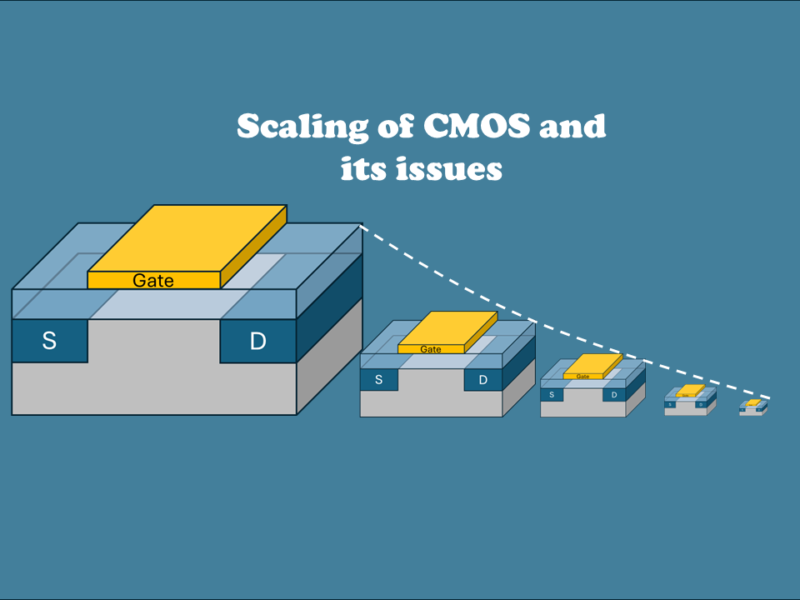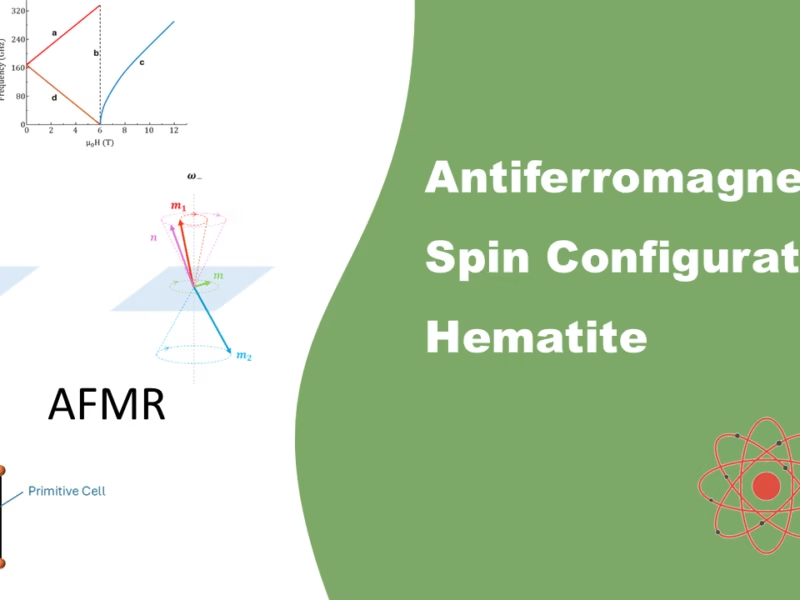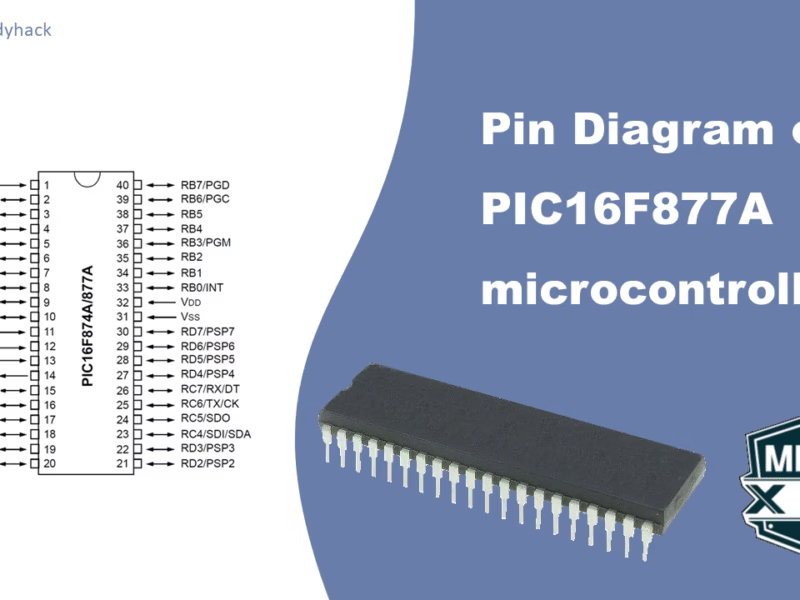This article is part of an educational series on dissertation writing, which aims to provide guidance on how to write an Conclusion chapter. Typically, the Conclusion chapter follows the Results and Discussion sections By following these guidelines, students and researchers can ensure that this chapter is well-structured and informative.
The conclusion is an essential part of your dissertation, serving as a concise and conclusive summary of your research work. Unlike articles and shorter reports that may combine discussion and conclusion, your dissertation should have a separate chapter dedicated exclusively to the conclusion. It plays an essential role in providing clear and concise insights into your most significant findings and the answer to your hypothesis or research question.
1. Conclusion vs. Discussion
Both the Discussion and Conclusion chapters likely include key findings from your research, though the latter takes a broader perspective by considering the overall research outcomes and their responses to your guiding research questions. In contrast, the Discussion chapter tends to provide more detailed analysis and explanation of each individual finding.
Secondly, your Conclusion chapter should not introduce any new information, such as data, findings, arguments or interpretations.
Florius
Hi, welcome to my website. I am writing about my previous studies, work & research related topics and other interests. I hope you enjoy reading it and that you learned something new.
More PostsDissertation menu
- Dissertation Title Page | Tips & Examples
- Dissertation Preface / Acknowledgements | Tips & Examples
- Dissertation Abstract | Tips and Examples
- Dissertation Table of Content | Tips and Example
- Dissertation Figure and Table List | Tips and Examples
- Dissertation List of Abbreviations | Tips and Example
- Dissertation Introduction | Tips and examples
- Dissertation Literature Review | Tips and Example
- Dissertation methodology | Tips and Example
- Dissertation Research Results | Tips and Example
- Dissertation Discussion | Tips and Example
- Dissertation Conclusion | Tips and Example
- References & Citations
- Dissertation Appendix | Tips and Example










